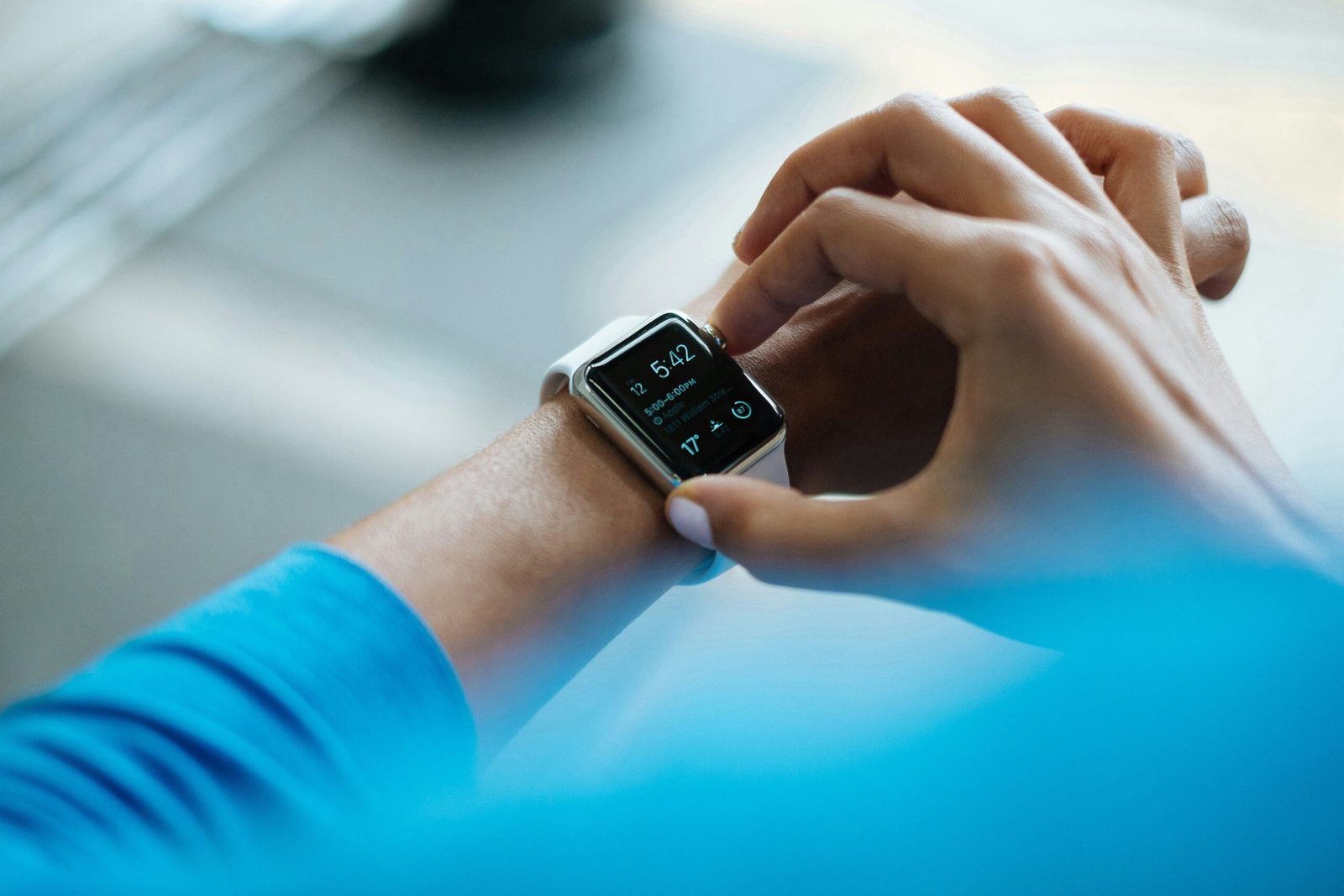Your cart is currently empty!
Decentralized Clinical Trials (DCTs) are revolutionizing the clinical research industry, offering unprecedented flexibility and accessibility compared to traditional trials conducted solely at clinical sites. These innovative trials leverage technology to allow patients to participate from their homes, minimizing the need for physical site visits. The integration of wearables, telemedicine, and electronic data capture (EDC) systems enables real-time monitoring and data collection, enhancing patient engagement and retention while ensuring robust data quality. DCTs streamline recruitment, eliminate geographical barriers, and enhance diversity in participant demographics. Let’s explore the significance, benefits, challenges, and future prospects of Decentralized Clinical Trials, shedding light on their transformative impact on clinical research.

What is Decentralized Clinical Trials (DCTs)?
Decentralized Clinical Trials (DCTs) are an innovative approach to conducting clinical trials by incorporating technology with reduced reliance on physical sites. In DCTs, various trial activities occur remotely or outside traditional clinical settings.
How do Decentralized Clinical Trials (DCTs) differ from Traditional Clinical Trials?
Unlike traditional clinical trials primarily conducted at clinical facilities, DCTs utilize remote monitoring tools, telemedicine, wearable devices, and electronic data capture (EDC) systems to enable patients to participate from their homes. They reduce the need for physical site visits, enabling greater participant accessibility, convenience, and flexibility, reducing the burden of frequent in-person visits. DCTs enhance patient engagement, broaden participant diversity, and streamline data collection processes, fostering more efficient and patient-centric research methodologies.
What Technologies Are Used in DCTs?
Below are some examples of technologies used in Decentralized Clinical Trials (DCTs):
- Wearables such as smartwatches, fitness trackers, or health-monitoring sensors enable real-time patient data, including heart rate, activity levels, sleep patterns, and more to be collected. This data aids in monitoring participants’ health remotely.
- Telemedicine refers to the remote diagnosis and treatment of patients using telecommunications technology such as video conferencing, phone calls, or messaging apps. They allow for virtual visits, discussions about treatments or adverse events, reducing the need for in-person appointments.
- Purpose-built mobile apps enable participants to record and report symptoms, medication adherence, and other trial-related information. They also provide educational resources and reminders.
- Electronic Data Capture (EDC) Systems like Medidata Rave and Oracle Clinical digitize and centralize patient data collection, streamlining the process of recording and managing clinical trial data. They allow for secure storage and analysis of participant information.
- Virtual Reality (VR) and Augmented Reality (AR) are used in some trials for patient education, therapy, or to simulate certain environments, enhancing the trial experience and aiding in treatments or interventions.
- Remote Monitoring Tools such as blood glucose levels for diabetic patients or blood pressure monitors assist in collecting vital signs, video data, or other medical information, allowing researchers to track participant health without requiring them to visit a physical location. Medical devices like spirometers, glucose meters, or ECG monitors that can transmit real-time data to healthcare professionals.
- While still in its early stages, Blockchain Technology is being explored to enhance data security, integrity, and transparency in clinical trials, ensuring the immutability and traceability of trial data.
What Are the Benefits of DCTs?
Decentralized Clinical Trials (DCTs) offer a spectrum of benefits compared to traditional clinical trials. They enhance participant access by enabling remote participation, reducing geographical barriers. DCTs promote patient-centricity, fostering higher engagement and retention rates due to improved convenience. They streamline data collection through digital tools, ensuring real-time, accurate information. With reduced reliance on physical sites, DCTs enhance trial efficiency, slashing operational costs and timelines. Moreover, these trials often yield more diverse and inclusive participant pools, amplifying the validity and generalizability of trial results, ultimately advancing medical research and treatment development. Finally, DCTs reduce trial duration, and lower overall costs by minimizing site visits and associated patient travel.
What Are the Challenges of Implementing DCTs?
Implementing DCTs isn’t without hurdles. Ensuring data privacy and security remains paramount, requiring robust systems to safeguard sensitive information across various digital platforms. Access barriers might persist for participants lacking technological proficiency or adequate connectivity such as those living in regional and remote areas. Maintaining standardization and consistency across decentralized sites challenges trial management. Regulatory compliance demands careful navigation in ensuring adherence to evolving guidelines for remote trials. Additionally, integrating diverse technologies into a cohesive, user-friendly ecosystem demands meticulous planning. Balancing the benefits of remote trials with the need for human oversight and support is an ongoing challenge in DCT implementation.
Are DCTs Suitable for Every Clinical Trial?
DCTs offer flexibility but might not fit every trial. Complex studies with intricate protocols or those requiring intensive medical interventions might face limitations in remote settings. Trials demanding extensive participant monitoring or those involving vulnerable populations might pose ethical or practical challenges in a decentralized setup. However, for certain studies—especially those focused on chronic conditions, long-term treatments, or involving large geographically dispersed populations—DCTs can prove efficient, offering improved participant access and real-world data collection. Assessing trial specifics, participant needs, and logistical feasibility remains crucial in determining the suitability of DCTs for each clinical study.
What Regulatory Considerations Apply to DCTs?
DCTs face evolving regulatory considerations due to their remote nature. Adhering to Good Clinical Practice (GCP) remains fundamental, ensuring data integrity, patient safety, and compliance. Regulatory bodies like the FDA and EMA are adapting guidelines to accommodate the shift towards decentralized approaches. Data privacy, informed consent, and ensuring the reliability of digitally collected data are focal points. Establishing protocols for remote monitoring, maintaining quality oversight, and defining responsibilities among stakeholders are crucial regulatory aspects. As DCTs advance, regulatory frameworks need to strike a balance between innovation and ensuring patient welfare and data integrity.
What Is the Future Outlook for DCTs?
The future of Decentralized Clinical Trials (DCTs) appears promising, with an increasing push towards patient-centric approaches and technological advancements. As technologies evolve, incorporating wearables, AI, and telemedicine, the potential for DCTs to revolutionize clinical research is significant. Expanding access, enhancing participant diversity, and generating real-time, real-world data continue to drive interest. Regulatory bodies adapting guidelines and industry stakeholders embracing these innovations further signal a positive trajectory for DCTs. However, challenges related to standardization, data security, and participant engagement require continual resolution to maximize the potential of decentralized approaches in advancing clinical research.
Want to stay up to date with clinical research industry news and trends? Subscribe to our newsletters or follow us on LinkedIn.
If you need support with your job application, check out our signature Industry-Bridging Programs or Career Accelerator Coaching.
If you are not sure what to do for your industry career, contact us via email at info@clueoclinical.com or call us at 1300 39 22 06 for an obligation-free discussion.
Ready to take your career to the next level? Click HERE to ENROLL NOW in our Industry-Bridging Programs (IBPs).

Dr. Thu (Sue) Nguyen, PhD
Sue is the founder and CEO of Clueo Clinical Pty Ltd. She has over 17 years of combined experience in clinical and pre-clinical research and development, training and management. She is passionate about patient-centric science, clinical research, education, and helping others find their career passion and succeed in life.
She is an avid learner, an authentic networker and wants to empower the next generation to reach their fullest potential in Australia and around the world.



